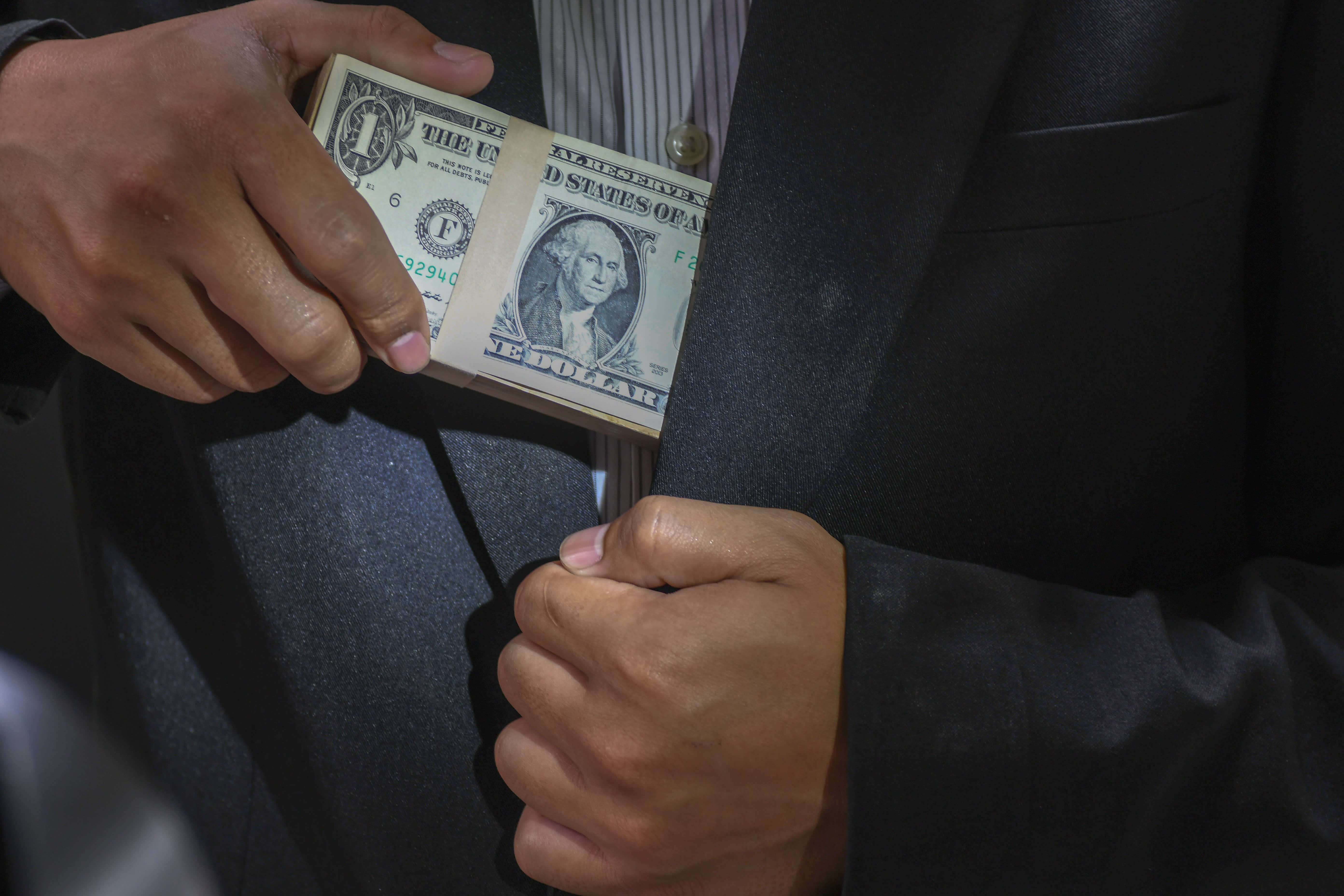boonchai wedmakawand
Financial scammers will likely try to steal money offered to Americans suffering from the negative economic effects of the coronavirus pandemic — and the public should be on its guard, federal officials warned on Wednesday.
The White House has proposed making direct payments to American households as the coronavirus continues to wreak havoc on broad swaths of the U.S. economy.
“We predict that the scammers are gearing up to take advantage of this,” wrote Jennifer Leach, associate director of the Division of Consumer and Business Education at the Federal Trade Commission, in a blog post published today.
The Trump administration has called for $500 billion in near-term relief to Americans, as part of a $1 trillion financial relief package, according to reports.
The size and timing of the direct payments have yet to be determined, President Trump said during a news conference Wednesday afternoon. Discussions with Congress are ongoing, he said.
We predict that the scammers are gearing up to take advantage of this.
Jennifer Leach
Federal Trade Commission official
The FTC, in its memo, identified three signs of likely fraud in the event Washington eventually makes these relief payments to Americans:
• The federal government won’t ask you to pay anything, such as fees and charges, upfront to get this money.
• The government will not call to ask for your Social Security number, bank account or credit card number. Anyone who does is a scammer.
• These checks aren’t yet a reality. Anyone who tells you they can get you the money now is a scammer.
“Look, normally we’d wait to know what the payment plan looks like before we put out a message like this. But these aren’t normal times,” Leach said.
